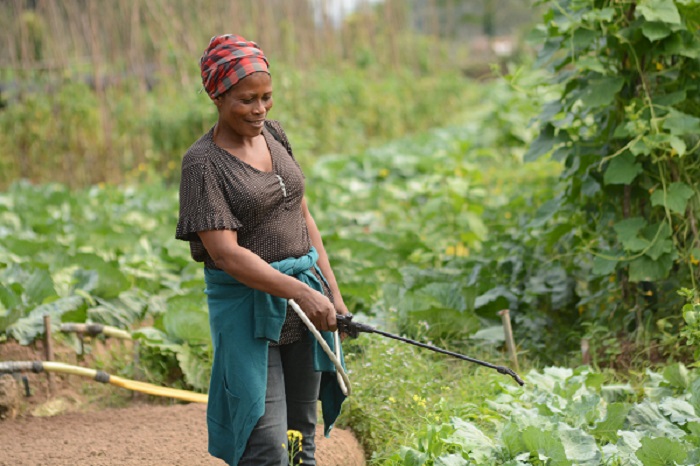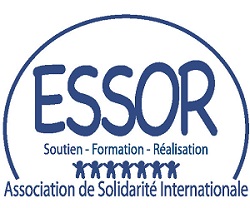Market gardeners in the peri-urban area of Brazzaville are facing more frequent food supply shortages caused by land degradation, a consequence from the effects of climate change (irregular and unpredictable rainfall). Moreover, intensive farming practices are used to help increase yields, but are detrimental to their health and that of consumers.
Unfortunately, women are particularly affected by these variations, as they are more reliant on agriculture than men to live and feed their families, but also because they struggle with inequality and do not have the same access to basic resources and services compared to men, such as efficient water irrigation systems, land, loans and training.
The project led by ESSOR challenges these issues by educating 250 female market gardeners in agroecological practices. This professional training will allow these women to improve their production quantitatively and qualitatively, which will provide a financial income, contributing to improved living conditions.


ESSOR aims to help the most vulnerable populations to acquire the necessary means to improve their living conditions and promote practices to engage the community for social responsibility and social justice.